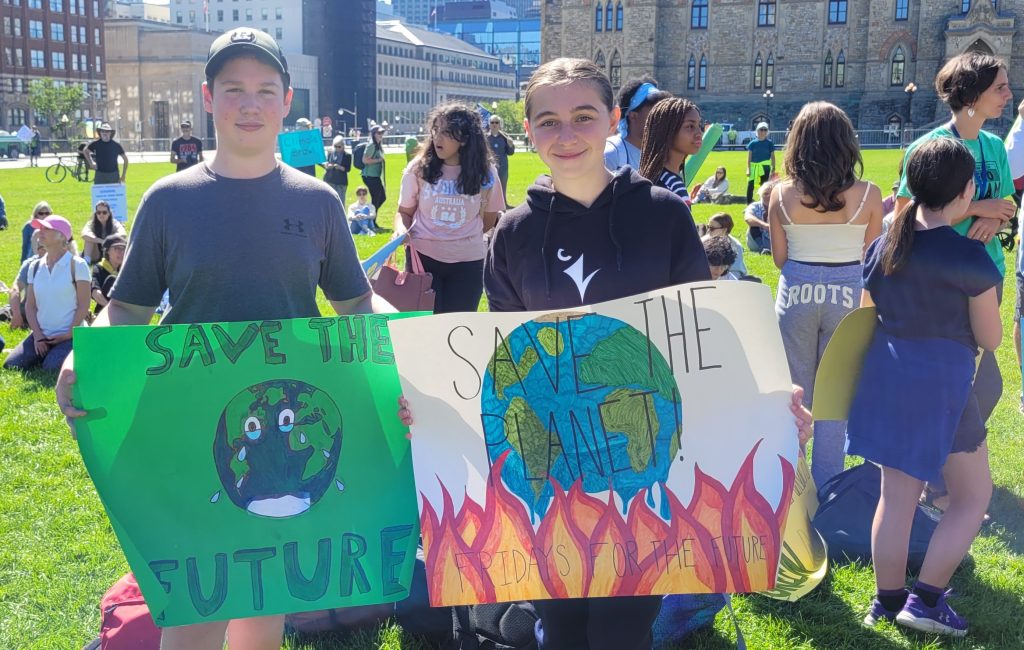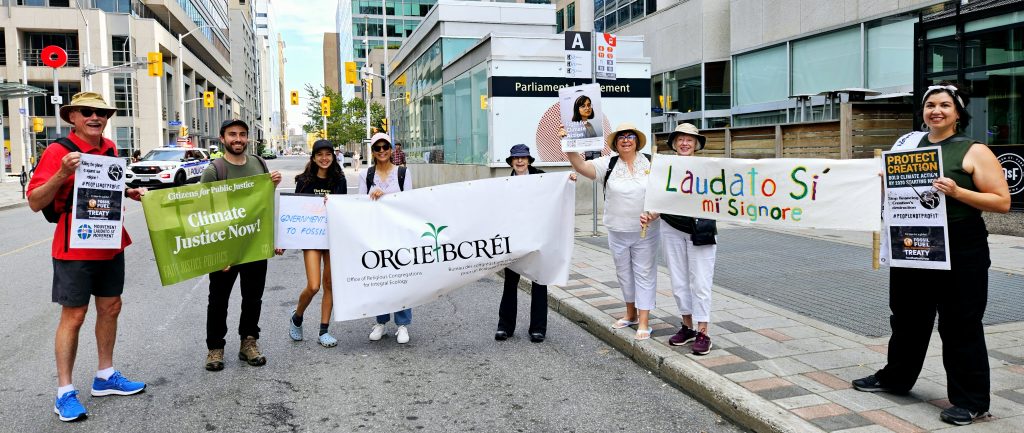… the current system is inadequate to address the multiple crises we are facing.
This fall, ORCIE followed with attention the meetings and negotiations for a Global Plastics Treaty, the Global Biodiversity Framework and the COP29 Climate Change Convention. Despite positive outcomes, what did not happen at these international meetings put the implementation of these important accords at risk. When meetings end without an agreement, future negotiations are put to question. It is the same with the global financial system, the business as usual approaches are not working.
Parties to the United Nations Framework Convention of Climate Change (UNFCC) met in Baku, Azerbaijan for their 29th Conference, this time to focus on climate finance and to determine the New Collective Quantified Goal (NCQG) to meet the needs of developing countries, and set the foundations for climate justice and action for the next decade. When we talk about ‘climate finance’ we mean local, national or transnational financing —drawn from public, private and alternative sources of financing—that seeks to support mitigation and adaptation actions that will address climate change. Frustratingly, the climate needs of the Global South are in the trillions and the COP29 decision on NCQG only set a goal of $300 billion USD per year, by 2035.

Disappointed with quantity ($) in commitments we expected to see improvements in quality, but this modest increase also missed the target of redirecting public finance into grants and non-debt creating instruments, and makes no distinction between mitigation, adaptation and the third pillar to climate finance – loss and damage. The scaling up of climate finance is about the Global North contributing its fair share and to have this shameful result after three years of COP negotiations shows how clearly the needs and priorities of developing countries are being dismissed. The finance conversations cannot end in Baku but must be moved forward with action on multiple levels and include reforming international finance architecture and addressing the debt crisis.
Meanwhile, how do we articulate the growing need for these multilateral processes? We must get back to the focus on a just transition for workers, and skip the UN conference tourism, the fossil fuel lobbyists and the elected leaders flying in for a day instead of truly participating in a process. We must commit to a successful process because, while flawed, civil society and countries of the Global South are able to participate in the UNFCCC, compared to other international institutions or spaces (like the World Bank) that are playing a reinforcing role for the Global North.

It is clear the current international financial system is inadequate to address the multiple crises we are facing: climate and ecological justice with growing poverty and inequalities worldwide. Yet, finance is central to development and climate action. COP29 should have been about new and additional public grants-based climate finance that is adequate, predictable, needs-based, rights-responsive and most of all provided by developed countries to fulfill their obligations under the Paris Agreement. Building political will and public pressure will be crucial to ensure the next negotiations don’t fall apart and multilateral spaces are strengthened so we can get back to work.
Pope Francis challenges us to see climate action as a means to strengthen democracy and to renew, recreate and reconfigure multilateral processes. Let’s pray and work for an increase in a ‘multilateralism from below’ in 2025. It may be the only thing we have to save the UN conferences.
“The demands that rise up from below throughout the world, where activists from very different countries help and support one another, can end up pressuring the sources of power. It is to be hoped that this will happen with respect to the climate crisis. For this reason, I reiterate that “unless citizens control political power – national, regional and municipal – it will not be possible to control damage to the environment.”
Pope Francis, Laudate Deum, 38
